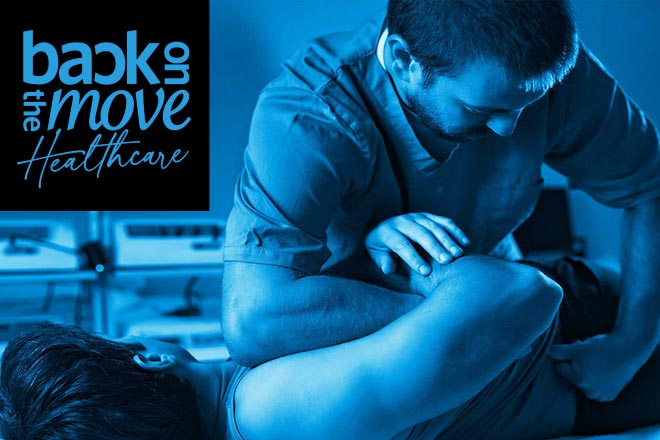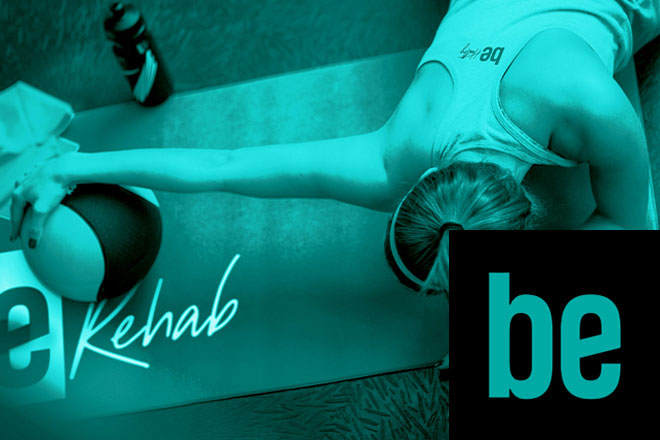What happens at a biokinetics consultation?
Your initial consultation with a biokineticist will include any or all of the following practices: Anthropometry: analysing body composition. Goniometry: looking at ranges of movement of all joints . Special testing: using gold standard clinical tests to identify issues and injuries Gait and biomechanical analysis: using state of the art motion capture systems to analyse movements. Performance analysis: Investigating different measures such as strength, power, VO2 max and much more. Once your biokineticist has completed the above, they will design a bespoke rehabilitation plan to get you pain free and performing at your best.
How many biokinetics sessions will I need?
This will depend on the type of injury, your current level of function and the type of activity you would like to return to. Your therapist will try to give you an estimate of the expected rehab time-frame.
What is the difference between a biokineticist and a personal trainer?
Biokineticists use exercise with the primary goal of treating injuries. They may also focus on using exercise to target other physical goals such as weight loss, cardiovascular fitness, and muscle bulk, all of which can contribute positively to injury recovery. Personal trainers use exercise with the primary goal of achieving the desired physical goals of their clients and often must work around clients’ injuries, which they do not treat directly.
Do biokineticists work with other professions?
Biokineticists often collaborate with other healthcare professionals such as physiotherapists, doctors, chiropractors and osteopaths, to provide a holistic approach to patient care.
What can a biokineticist contribute to help me improve my performance?
Your therapist will assess the strength, fitness, muscle imbalances and posture in general, and as related to your specific sport. Specifically, this will involve assessing muscle strength and balance, joints stability, proprioception and balance, flexibility, and endurance. Your therapist will address weaknesses in order to improve performance. Team testing for performance evaluation, programme prescription (based on testing outcomes and norms) and re-testing to measure progress can also be undertaken.
What do I wear to a biokinetics session?
It is recommended to wear gym attire, active-wear or clothes that are easy to move in.











